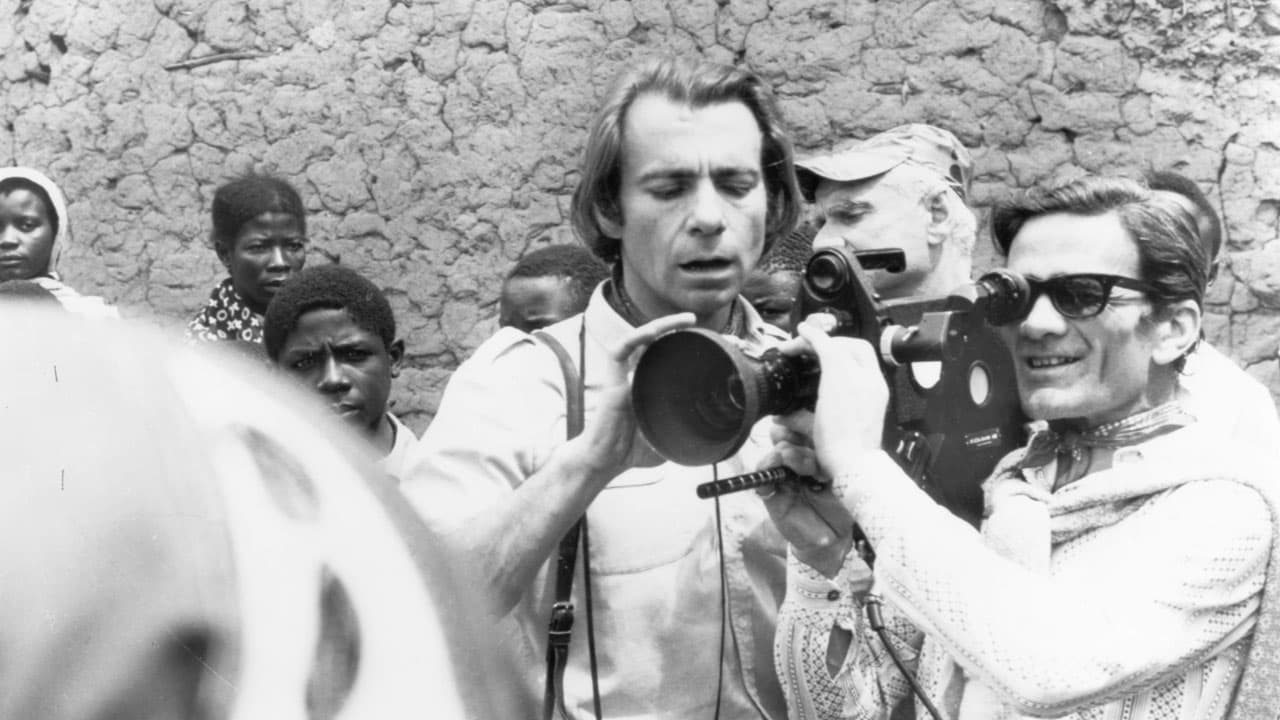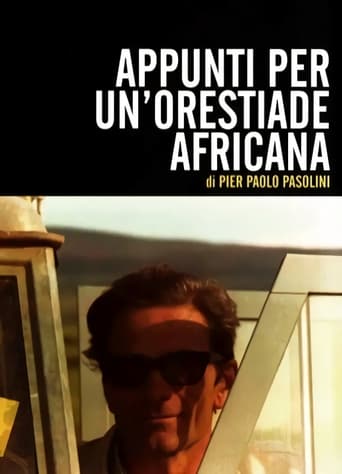

In his latest effort, Pasolini offers footage so horrendously terrible that I would not so much as wipe my own anus with the cheap film it was developed on. The director wastes more time talking about what his plans are rather than actually putting those plans to action, an approach which suggests uncertainty, procrastination, and mental instability. It seems as though Pasolini didn't even watch his own film after he was finished with it, as he likely would have committed suicide upon beholding the graven images flashing before him. As if the footage and narration wasn't bad enough, Pasolini, for a reason unbeknownst to myself, believed it to be a good idea to insert a fifteen minute segment filled with nothing but barely audible jazz trash. I am almost certain that the director also composed the music for the film, as no other living creature could have created something so horrendous and be proud enough of it to release it for the whole world to see. However, there were some small glimmering hopes among this sludge-filled wasteland that caused my soul to retreat into a void of chaos and darkness. Indeed, Pasolini truly possesses at least one gift: even if I tried, I would not have been able to make something half as bad as what he accomplished. The man has been blessed by the Lord above with sheer awfulness. This is the only reason I am giving the film one star and not zero. Additionally, I found that I connected with Pasolini's theme of Greek tragedy. In fact, I connected with it so much that I got inspired to reenact the play Oedipus Rex and gouge my own eyes out with a rusty fork. After watching this film, it is of no wonder to me why Pasolini was murdered. His soul lives on, however, haunting the universe with its cheap audio software, black-and-white film, and shrill screams of a woman trying to outdo the awfulness of the equally shrill saxophone accompanying her. RIP Pasolini. You are not missed.
... View MoreAeschylus's ancient play Orestes details the fabled founding of Athenian democracy - the old tribal chief Agamamnon returns home after his victory at Troy only to get slain by his adulterous wife and her lover; his children Elektra and Orestes take bloody revenge, but are subsequently forgiven by the gods who select Orestes as the founding father of a new societal order. Don't ask me why, but in the 60ies many Western Marxists believed that the African struggle for independence and the overcoming of colonial rule would somehow compare to the dawn of a new age detailed by Aeschylus. Pasolini feeds on this notion by taking cinematic notes while visiting Tanzania and Uganda, planning an all-African version of "Orestes". Taking into account that throughout Africa its peoples were ruled by cruel despots and Soviet puppets, this idea appears to be ridiculous. So the best part of this film essay is a discussion between Pasolini and a group of African students at Rome University who predominantly agree, that the western concept of Africa is generalist, fuzzy and most of all fundamentally flawed. This documentary seems to drag on for hours perpetuating a non-idea. Luckily, Pasolini never filmed "Orestes".
... View More